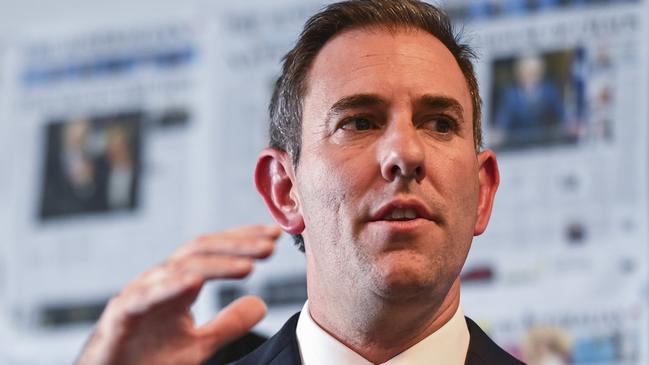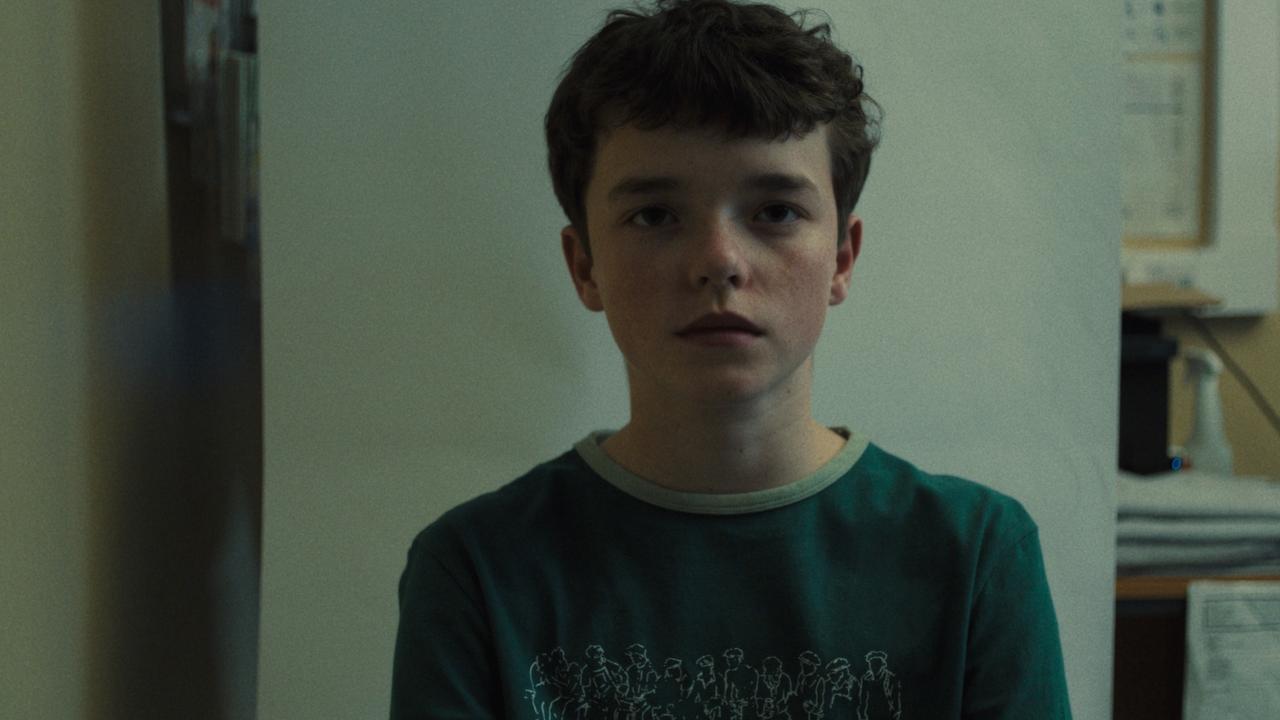Susie O’Brien: Ordinary Aussies miss out in Federal Budget
Despite some worthy measures to help battlers, middle income earners will be looking through this budget asking “what about me?”.
Susie O'Brien
Don't miss out on the headlines from Susie O'Brien. Followed categories will be added to My News.
“What about me? It isn’t fair. I’ve had enough. Now I want my share.”
Middle-income Australians doing it tough feel like that kid waiting at the counter of the candy shop in the classic Moving Pictures song.
Millions of Aussies now pay hundreds of dollars more a week thanks to soaring mortgages, rents, food, fuel and energy bills.
A strong domestic economic outlook and jobs market is undermined by interest rate rises that have hit hard.
Though inflation is past its peak, householders still face crippling price increases.
While it has some worthy and admirable measures to help those on the smallest incomes, many in the middle and lower middle will be looking through this budget and wondering, “What about me?”
Treasurer Jim Chalmers talks of “responsible and targeted cost-of-living relief for those that need it most”. But interest rate increases place pressure on millions of families at just about every income level. It’s not just those on the lowest of incomes, but families who do not fit into traditional welfare categories who are affected.

Key measures include energy bill relief for five million households and one million small businesses at a cost of $3bn. Savings of $500 from power bills in the next financial year will make a material difference, yet will apply only to “eligible” households, not all.
There will also be $1bn in low-cost loans to help make houses more energy efficient through the installation of double glazing and solar panels. These grants, too, will be targeted and will apply to only about 170,000 households. Many who also need help will miss out.
However, it’s hard to argue against specific help for those on the most meagre of incomes, such as the JobSeeker recipients who will get an extra $40 a fortnight, and single parents who will benefit from an expansion of the parenting payment. The latter will give 57,000 families an extra $176 a fortnight.
Other worthy recipients of an income boost include those on commonwealth rent assistance and 250,000 aged-care workers who will be paid 15 per cent more a week, at a cost of $11bn.
Making a number of medicines $180 a year cheaper for at least six million Australians and providing more opportunity to see a bulk-billing doctor are worthy measures.
But those on low to middle incomes paying hundreds of dollars more a month on rents and mortgages won’t get much else. For example, tax breaks for build-to-rent projects will do little for those under pressure right now.
Despite this, a 15 per cent global and domestic minimum tax on large multinational corporations will be welcome, as are changes to the petroleum resources rent tax.
And yet chances have been missed to hit the very wealthy with tighter superannuation tax concessions applying only to those who have balances of more than $3m. The threshold should be much lower.
Labor, seeking to win back progressive Teal voters, is also devoting $15bn to the development of green industries, including $4bn to a “renewable energy superpower plan” and $2bn to make Australia a world-leading hydrogen producer. The latter is great for those in Wollongong, Gladstone and Whyalla, where the hydrogen projects will be based, but not so good for gas-reliant Victorian communities such as the Latrobe Valley.
Some things the budget handles well. Labor is catering for its heartland by shoring up key health and disability funding programs in the all-important Medicare and the National Disability Insurance Scheme. Given the enormous budget implications, reining in waste and misspending in the NDIS is a worthy goal.
With Victorian state spending and debt spiralling, voters will also appreciate the modest budget surplus and the lowering of deficits. While people want money in their pockets, they nonetheless don’t want to get borrowed handouts that future generations will spend decades paying back.
The small surplus will be the first in 15 years and suggests Labor is determined to show it is as responsible as the Coalition at managing spending. Some of this is funded by $17bn in spending “reprioritisations” drawn from costly pet projects overseen by Coalition ministers.
And yet, has the government done enough for ordinary Aussies? No.
The budget is called Strong Foundations for a Better Future. Australians desperately battling to pay for food, heating and fuel want things better right now, and not enough of them will get the relief they needed.
For many working families, Dr Chalmers is not singing from the right song sheet.





